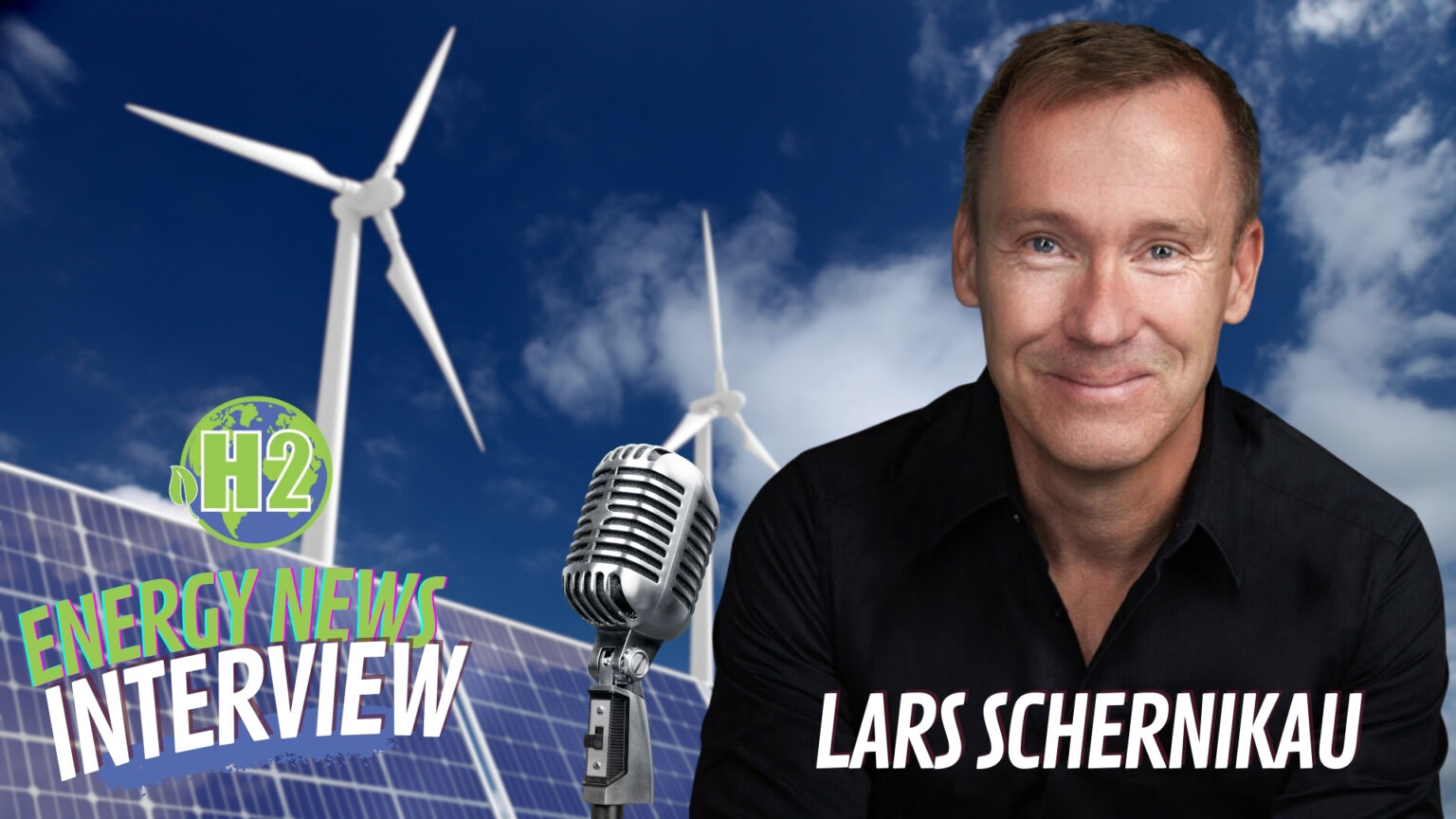In an era where green energy dominates headlines and shapes policy, Lars Schernikau brings a perspective that challenges our fundamental assumptions about energy transition.
As an energy economist and commodity trader who’s witnessed energy markets evolve across Europe, Africa, Asia, and the Americas, his insights force us to confront uncomfortable questions about our path to a sustainable future.
WATCH THE FULL INTERVIEW
The Physics We Can’t Ignore
“There’s a physical limit,” Schernikau emphasizes early in our conversation, addressing the common belief that renewable technology will follow the same exponential improvements we’ve seen in computing. “Energy does not follow Moore’s Law. It follows thermodynamic laws.” This distinction isn’t just academic – it’s fundamental to understanding why some of our current approaches to energy transition might be fundamentally flawed.
Solar technology’s efficiency improvements, for instance, are plateauing as we approach these physical limits, the “Schockley-Queisser Limit for monocrystalline silicon.” While this doesn’t mean renewable technology isn’t improving, it means we’re facing diminishing returns that no investment or innovation can overcome.
The Hidden Costs of ‘Free’ Energy
Perhaps the most striking aspect of Schernikau’s analysis is his systematic breakdown of renewable energy’s full system costs. When we celebrate a new solar farm or wind installation, we often focus on the energy generation while overlooking the massive infrastructure requirements and efficiency losses throughout the system.
“In Germany, solar panels sit idle 90% of the time,” he points out. “In the Sahara, even in the best conditions, they’re inactive 70-75% of the time.” This intermittency isn’t just an inconvenience – it’s a fundamental challenge that requires enormous additional infrastructure to overcome.
The Hydrogen Question
The discussion becomes particularly pointed when addressing hydrogen storage – often presented as the solution to renewable energy’s intermittency problem. Schernikau’s analysis is sobering: “When you look at the entire value chain from electrolysis to compression, storage, and then repowering, you lose 80% of the energy along the way.”
This isn’t an argument against hydrogen itself but rather a call for more honest accounting of energy costs and efficiencies. The mathematics of energy transformation matter, and they matter at scale.
System-Level Thinking
What emerges from our conversation is the critical importance of system-level analysis. “We need to think in terms of macroeconomic systems,” Schernikau argues. “How do we optimize what we do?” This means considering not just the energy generated, but:
- Raw material requirements for infrastructure
- True operational lifespans of installations
- Complete lifecycle environmental impacts
- System-wide efficiency losses
- Real costs of energy storage and transmission
The Path Forward
Despite the challenges he outlines, Schernikau isn’t advocating for abandoning clean energy pursuits. Instead, he calls for a more nuanced, scientifically-grounded approach to the future of energy. “I don’t want people to become devastated,” he emphasizes. “The solution is there – investing in true Energy Efficiency and truly sustainable ways of improving our energy systems.”
His prescription includes:
- Focusing on genuine efficiency improvements in existing systems
- Investing in research and development for breakthrough technologies
- Considering nuclear and geothermal as part of the solution
- Taking a more honest look at lifecycle environmental impacts
- Understanding energy density and its implications for infrastructure
- Invest in existing thermal energy systems to make them economically and environmentally more viable
Looking Ahead
The conversation with Schernikau leaves us with more questions than answers, but perhaps that’s exactly what we need right now. As we pursue sustainable energy solutions, we need to be willing to confront unpopular truths about physics, economics, and system-level efficiency.
“I have four children,” Schernikau concludes. “I want my children to be in a good, positive future. This blind running after something that cannot work is not the right way.”
More details at www.unpopular-truth.com/thevideo





